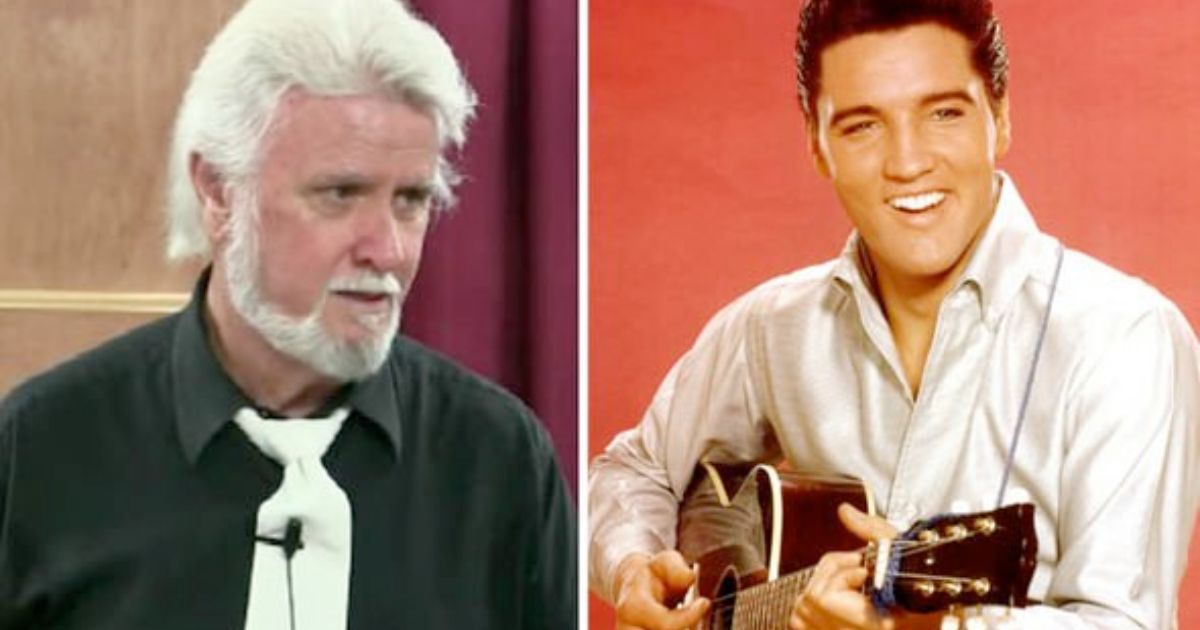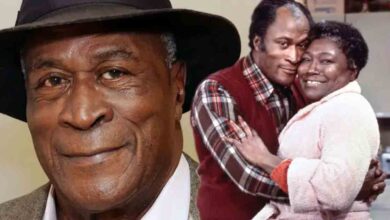Rapper says Lyft driver denied her ride because of her size
Music artist alleges rideshare driver refused service, sparking debate on discrimination and body shaming.
Dajua Blanding, known as rapper Dank Demoss, is suing Lyft and a driver who allegedly denied her a ride because of her size. The Detroit-based artist claims the driver refused to let her in his vehicle, saying she was “too big to fit in the back seat.”
The incident reportedly occurred on January 18 when Blanding requested a Lyft to travel to her cousin’s house for a football watch party. According to her lawsuit, the driver—identified only as “John Doe”—arrived at her home but refused to let her into his car.
In a TikTok video shared by Blanding, she is seen questioning the driver, asking why he believes she can’t fit inside his Honda Civic. The driver responds, mentioning his car’s “tired tires” and lack of space in the back seat.
After a brief exchange, the driver canceled the ride and drove away, leaving Blanding without transportation. She later decided to take legal action, claiming she experienced humiliation and emotional distress due to the incident.
Filing a lawsuit against Lyft
On January 27, Blanding filed a lawsuit against Lyft and the driver, alleging that her civil rights were violated. The legal documents state that the driver refused her a ride “because she was too big to fit in the back seat” and that “his tires were not capable of supporting her weight.”
The lawsuit also claims that the driver locked his car doors and attempted to leave before Blanding even reached the vehicle.
According to Blanding, the driver suggested she order a Lyft XL—a larger vehicle option—but she insists she never needed to do so in the past.
Is it discrimination or a safety issue?
Blanding’s attorneys argue that the incident is a clear case of discrimination.
“Refusing someone transportation due to their weight is no different than refusing someone based on their race or religion,” said attorney John Marko. “Discrimination of any kind should never be tolerated in our society.”
Another attorney, Zach Runyan, emphasized the potential dangers of leaving a person stranded. “Imagine if Ms. Blanding needed shelter or was in an emergency situation. This could have had serious consequences.”
Online reactions—divided opinions
The lawsuit has sparked a heated debate online, with many social media users siding with the driver. Some argue that the car was simply too small for her comfort and safety, rather than the driver discriminating against her.
“That driver had every right to refuse based on safety alone,” one Facebook user wrote. “The seatbelt wouldn’t fit properly, and the extra weight could damage the car’s tires and suspension.”
Another commenter said, “I support body positivity, but this isn’t discrimination. Cars have weight limits. If the driver didn’t feel comfortable, he had every right to cancel.”
However, others sympathized with Blanding, agreeing that being turned away based on appearance is humiliating. “If Lyft drivers can refuse passengers based on weight, where does it end?” one person asked. “What if someone is too tall? Too short? This is a slippery slope.”
A self-described “big, beautiful woman” (BBW) weighed in, saying, “I understand her frustration, but as a plus-sized woman, I always order an XL ride to be comfortable. It just makes sense.”
@realbigdankdemoss2 @Lyft I’m humiliated and embarrassed #wrong #discrimination ♬ original sound – realbigdankdemoss2
Seeking damages for emotional distress
Blanding is seeking compensation for stress, humiliation, embarrassment, and emotional distress caused by the incident. She also wants legal fees and court costs covered.
Lyft responded to the controversy with a statement:
“Lyft unequivocally condemns all forms of discrimination. We believe in a community where everyone is treated with equal respect and mutual kindness. Our community guidelines and terms of service explicitly prohibit harassment or discrimination.”
As legal proceedings unfold, the case could influence how rideshare companies address weight-related concerns in the future.
What do you think?
Was the driver justified in canceling the ride, or was this an act of discrimination? Let us know your thoughts and share this story to hear from others!





